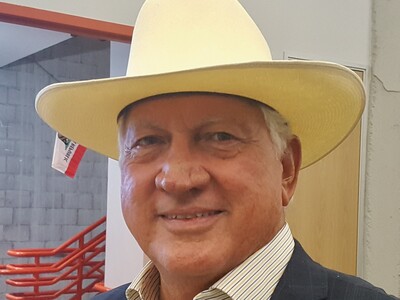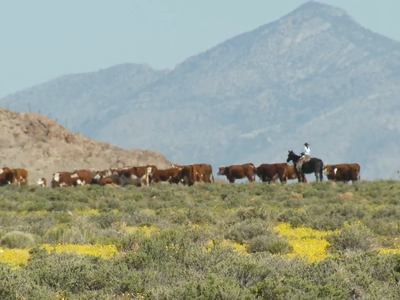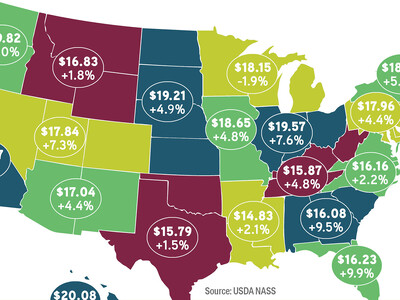Putting the Brakes On & Moving Ahead on Korea
Putting the Brakes On & Moving Ahead on Korea plus Food Forethought. I’m Greg Martin with today’s Northwest Report.
The Obama Administration notified Congress Monday that it’s ready to work on legislative language to implement the U.S.-Korea free trade agreement. USDA has said it expects the agreement to boost American farm exports by as much as 1.8-billion dollars annually. Ag Secretary Vilsack is urging Congress to ratify the deal as soon as possible.
VILSACK: The agreement will immediately eliminate duties on the majority of the U.S. farm products that are currently exported to Korea. Wheat, corn, soybeans for crushing, whey for feed use, hides and skins, cotton, cherries, pistachios, almonds, orange juice, grape juice, wine and will also reduce duties on many other products over time including the U.S. beef and pork industry.
Gas prices continue to jump ever higher and Idaho Senator Mike Crapo is hoping to help slow that climb. Crapo has co-sponsored two bills that seek to put the brakes on gas price hikes. He wants to do that by increasing domestic oil production in Alaska and offshore, and by stopping anticipated tax increases related to increased federal regulations. The No Cost Stimulus Act expands U.S. oil production and seeks to lower prices by easing permitting prices for production on government properties, off-shore and in the Alaska National Wildlife Refuge (ANWR).
Now with today’s Food Forethought, here’s Lacy Gray.
There will always be naysayers for new ideas. If you could ask Einstein, Edison, Newton, or Curie, they’d all have stories of the disbelief and abuse they endured when presenting their discoveries to not only the ordinary masses but the scientific communities in which they belonged as well. Sadly, not much has changed in this respect for research scientists today, especially those working around the clock to create a replacement for fossil fuels. The newest effort in this arena comes from a biotechnology company that has created a genetically engineered organism that when given sufficient sunlight and carbon dioxide will produce and secrete hydrocarbons, basically ethanol. Not all the kinks have been worked out, but they hope to have a replacement fuel available in two years. This is where the naysayers jump in, and not surprisingly the first to throw stones come from scientific research competitors. Hopefully the scientists working on this newest type of biofuel will persevere beyond the “bad press”, as many great scientists before them, in order to provide the alternative fuel source we so desperately need.
Thanks Lacy. That’s today’s Northwest Report. I’m Greg Martin on the Ag Information Network.














